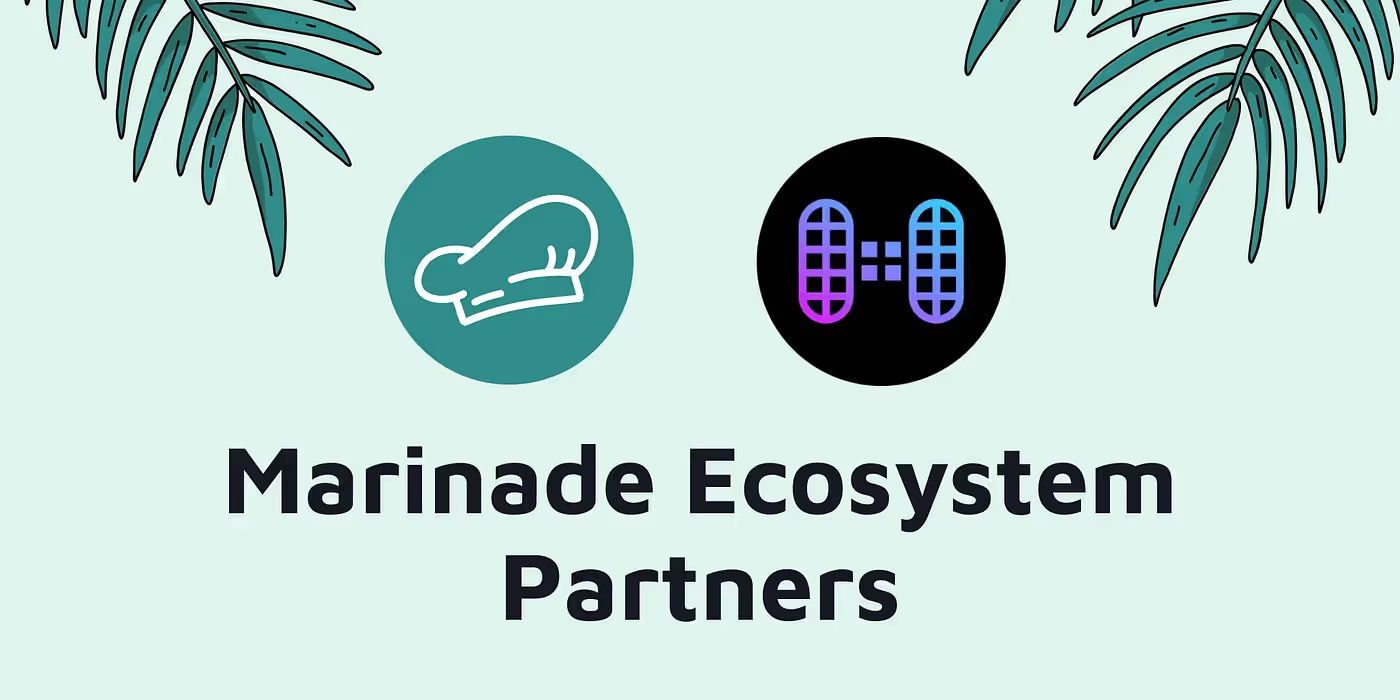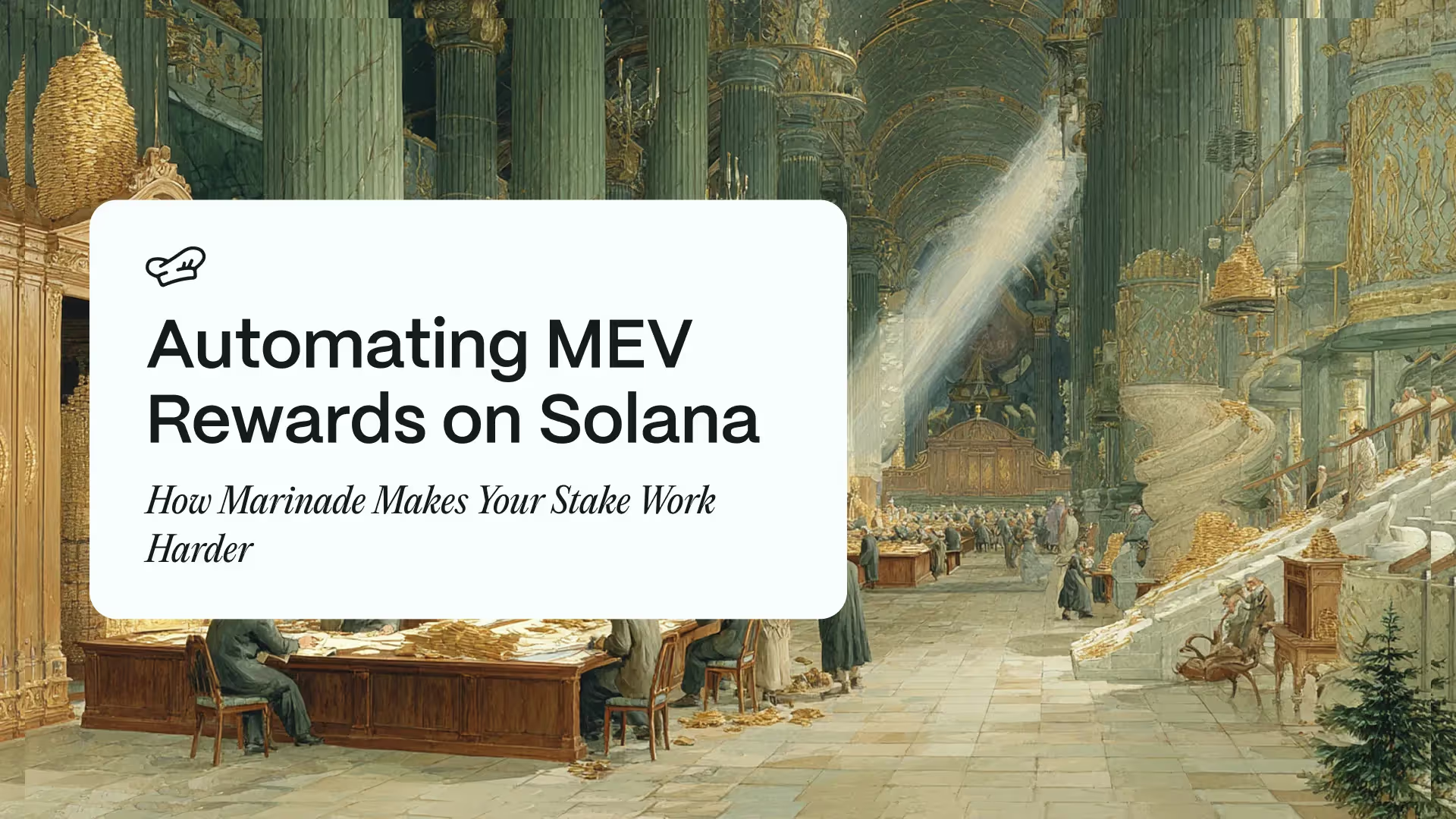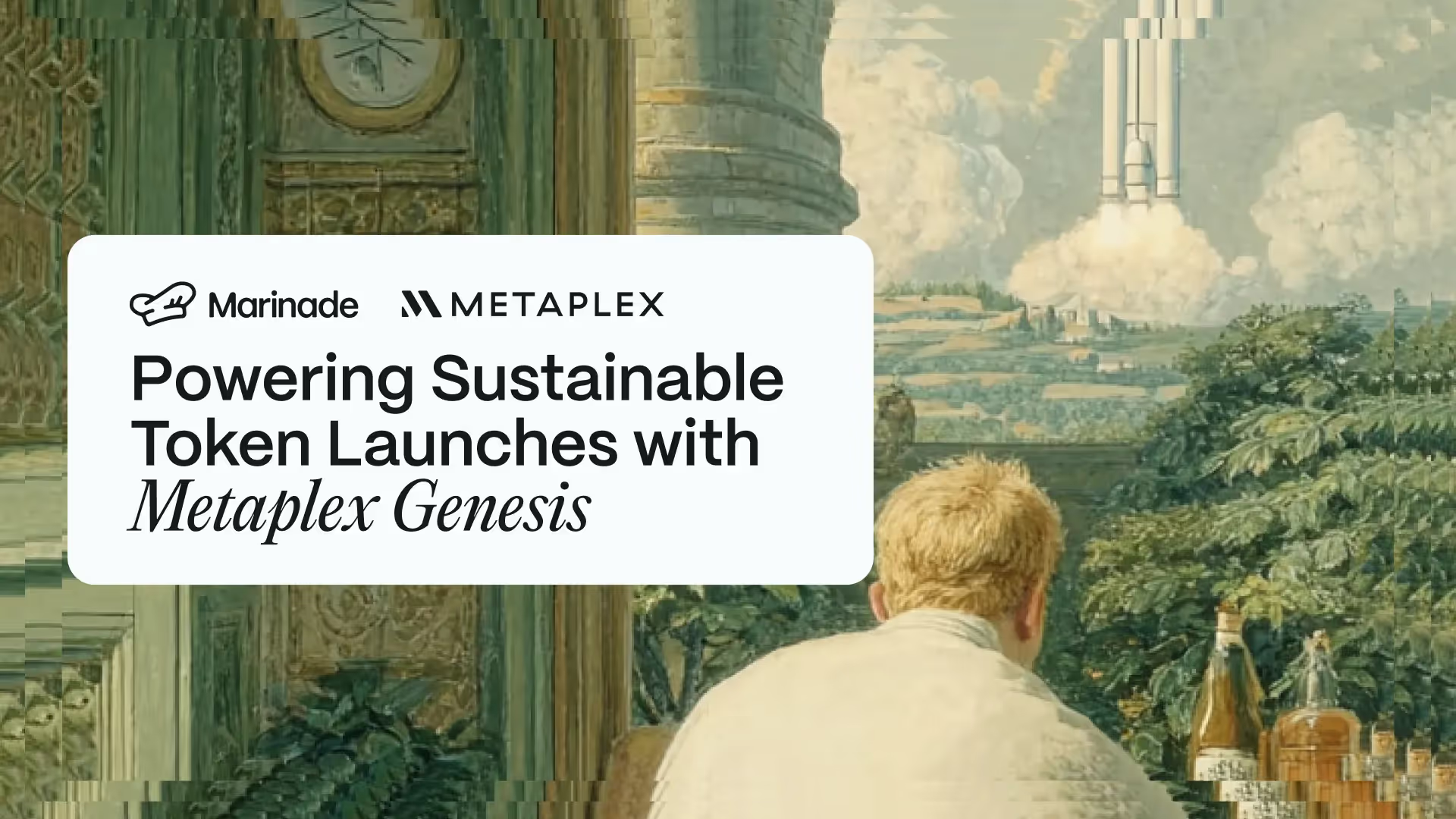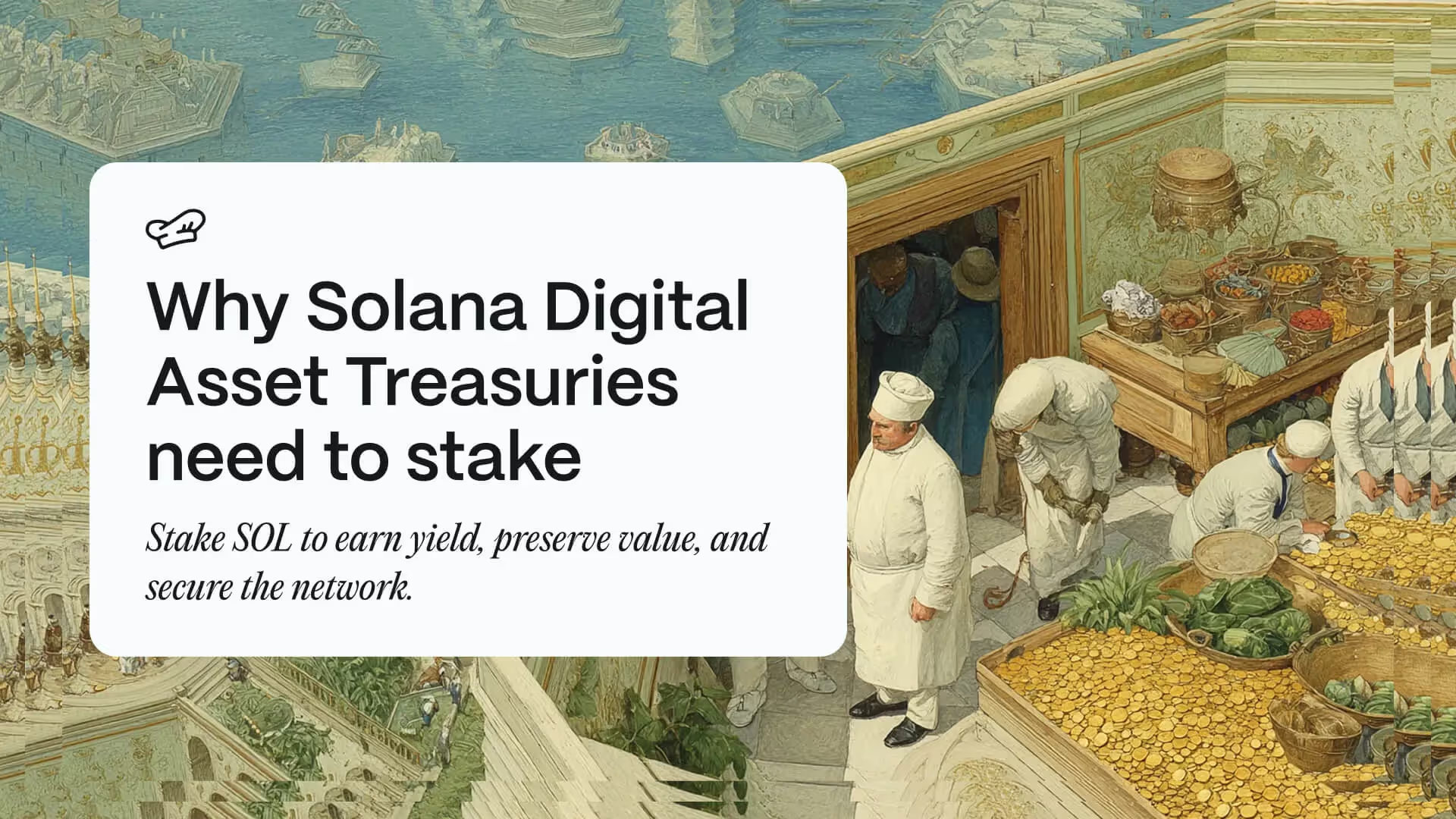How Marinade and Hubble Protocol Supercharge Solana decentralization
From the very beginning, Marinade has been committed to Solana decentralization. It’s a core goal of our 2022 roadmap and will even drive governance festivals.

From the very beginning, Marinade has been committed to Solana decentralization. It’s a core goal of our 2022 roadmap and will even drive governance festivals via MNDE DAO governance. To succeed the team is constantly seeking like-minded protocols to work with for the greater prosperity of Solana and its growing user base.
When Hubble Protocol approached us in early 2022, it was evident they shared the same values and a partnership would be beneficial for not just our projects but also Solana.
Increases in decentralization and liquidity are two huge factors driving the success of decentralized finance (DeFi) as well as of Solana, the network that currently records the highest throughput for the lowest cost of any Layer-1 blockchain. By increasing user liquidity in a way that further decentralizes the network, everyone wins.
Blockchains and DeFi depend on communities to deliver heightened advantages through cooperation, and here is how both Marinade and Hubble are a part of that process.
How Hubble Protocol increases capital efficiency for Solana users
Marinade enables the ability for users to stake their tokens to secure the network and earn staking rewards, while using mSOL for additional DeFi opportunities. This maximizes liquidity for the individual, the liquidity of tokens on Solana, and helps further decentralize Solana overall.
Similarly, Hubble Protocol increases the liquidity of its users while accelerating the decentralization of Solana, but it does so by issuing a stablecoin, USDH.
While Marinade accepts SOL in exchange for mSOL, Hubble accepts deposits of multiple assets such as SOL, mSOL, BTC, ETH, and an array of other tokens with a long-term holding potential. Then it allows users to borrow up to 90.9% of the value of those tokens in USDH.
For example, if a user deposits their SOL in exchange for mSOL, they now have a token that’s worth holding long term, since it accrues staking rewards over time. Users can gain additional yield by lending out their mSOL, but then they’re stuck with the same problem as staking: the token is no longer a liquid asset that can be used when opportunities arise.
Whatever this opportunity may be (an NFT, a high APY, or off-chain events like a down payment on a house), transferring the value of a token to this opportunity usually means leaving one’s position (selling) on that token. Through Hubble, users can instead hold their tokens long-term and borrow USDH, free of interest, to pursue whatever opportunities arise.
Hubble’s decentralized Solana stablecoin: USDH
Stablecoins are a massively important part of the DeFi ecosystem. They’re used for a litany of purposes including capturing and transferring value and providing liquidity on decentralized exchanges (DEXs) when paired with other tokens.
While blockchain technology and DeFi rely heavily on decentralization, many of the most widely circulated stablecoins in crypto are fiat-backed tokens with centralized issuance.
This can be problematic, because no matter how decentralized a network becomes, it is prone to censorship if the assets transacted on that network are not decentralized as well.
An example of this kind of situation would be when Tether froze $160 million worth of USDT in three accounts despite the fact it was stored on Ethereum, considered a highly decentralized blockchain.
Apparently, the value of these centralized assets can be negated entirely by the actions of a party that is neither the market nor the custodian of those assets. As a result, this makes centralized stablecoins less desirable as building blocks for a financial system based on trust-less and decentralized technologies.
USDH, on the other hand, is issued entirely by users interacting with a smart contract. Hubble guarantees the value of USDH by collateralizing it at least 150% by tokens that have no link to centralized issuance, are highly censorship-resistant, and are most likely to hold or increase their value over a long period of time. (At the time of this article, USDH is actually backed by closer to 200%).
By introducing a decentralized and censorship-resistant stablecoin native to Solana, users and projects can easily integrate USDH into their participation in DeFi safe in the knowledge that USDH’s value cannot be cut short at the flick of a switch.
If you want to learn more, watch this video of the AMA with Hubble!
How Marinade works with USDH on Hubble
Through a partnership between Marinade and Hubble (and the magic of smart contract composability), users who deposit their SOL on Hubble will be introduced to Marinade and the opportunity to stake their SOL while they mint USDH. In the future, users may even be able to opt into yield strategies with mSOL as they borrow USDH against its value.
Through this kind of participation in DeFi, Solana becomes more censorship-resistant as a side effect, which is a pretty amazing thing. As more mSOL enters the ecosystem, Solana becomes a more distributed network, and as more USDH enters that network, the value locked in DeFi smart contracts can be guaranteed to last well into the future.
With partners like Marinade and Hubble working together to strengthen Solana, the network’s future looks as bright as it will be decentralized. Explore opportunities on Hubble.
About Marinade
Marinade.Finance is the first non-custodial liquid staking protocol built on Solana. Stake your SOL tokens with Marinade and receive mSOL (“marinated SOL”) tokens in return that can be used in decentralized finance (DeFi). mSOL is the most widely integrated collateralized version of SOL. The price of mSOL goes up relative to SOL each epoch, with rewards being accrued into your stake account.
Marinade’s delegation strategy stakes to 400+ validators that are selected automatically by an open-source, fair formula based on performance, commission, and decentralization.
Marinade includes mSOL->SOL swap, so you can “Unstake Now” and receive your SOL immediately for a small fee. You can also directly exchange between mSOL and SOL on secondary markets at the current rate. Finally, you can unstake your SOL with zero fee by waiting 2–3 days for the Solana cool-down period (Delayed Unstake).


